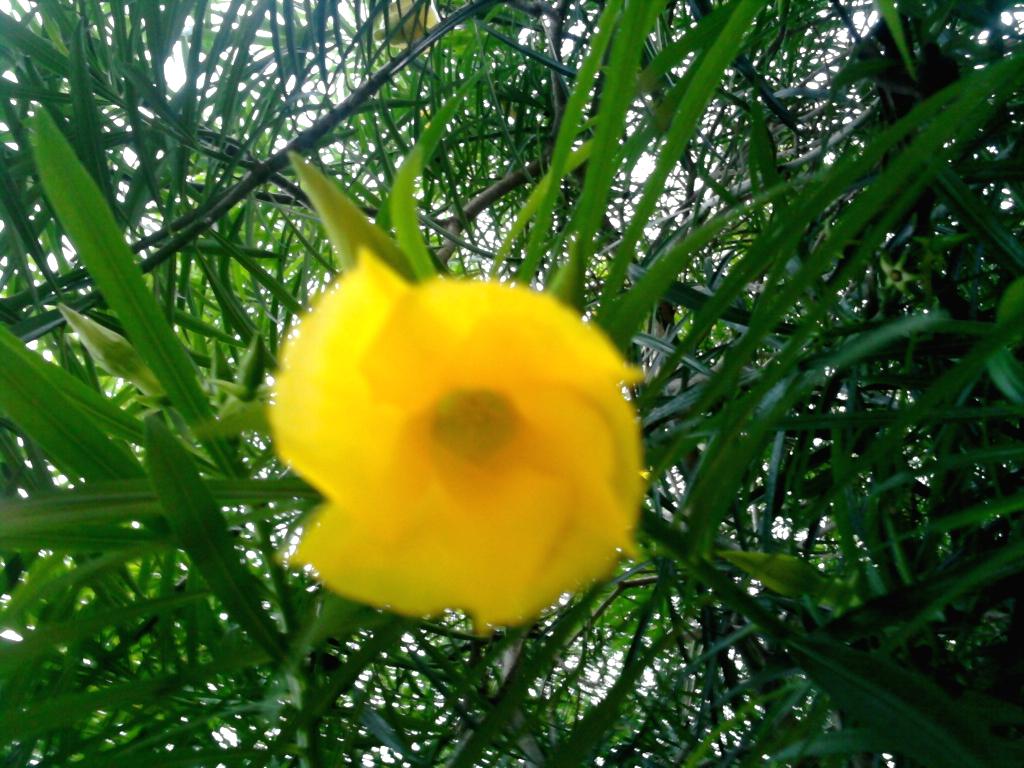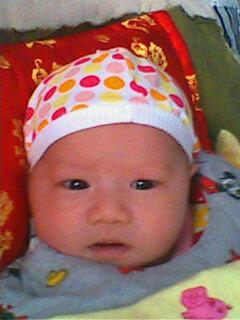| Memorial Pictures of Zhou Enlai | |
|---|---|
| Mar 27, 2007 11:37 | |
 | Exploiting the growing national sentiment against Japanese aggression and carrying out Moscow's new so-called popular-front strategy against fascism, the CCP in late 1935 proposed to unite with the Nationalists and all patriotic Chinese in order to resist Japan. When in December 1936 Chiang Kai-shek was arrested in Xi'an (in Shaanxi) by his generals, who wanted to stop the CCP-Nationalist civil war, Zhou immediately flew to that city. He persuaded the dissident commanders not to kill Chiang and helped obtain the Nationalist leader's release on condition that he cease military attacks against the communists and cooperate with them in the United Front against Japan. Zhou helped negotiate the formation of the United Front after the outbreak of the Sino-Japanese War in July 1937, and from then until 1943 he was the CCP's chief representative to the Nationalist government. Two weeks after the Japanese surrender in August 1945, Zhou accompanied Mao Zedong to Chongqing for peace talks with Chiang Kai-shek. When Mao returned to Yen'an six weeks later, Zhou remained in Chongqing to continue the negotiations. Zhou was also a leading participant in the unsuccessful peace negotiations with the Nationalists in 1946 that were sponsored by the United States and held under General George C. Marshall. Zhou's skillful cultivation of the communists' image among liberal politicians and intellectuals who had become disenchanted with the Nationalists at that time became an important factor in Chiang's eventual downfall after the resumption of full-scale civil war in 1947. As premier of the People's Republic of China from its inception in October 1949, Zhou became the chief administrator of China's huge civil bureaucracy. Serving concurrently as foreign minister, he also bore heavy responsibilities in foreign affairs and continued to play a key role in diplomacy after relinquishing the post of foreign minister. On February 14, 1950, Zhou signed in Moscow a 30-year Chinese-Soviet treaty of alliance, and, at the 1955 Afro-Asian conference that convened at Bandung, Indonesia, he offered China's support to Asian nonaligned nations. Between 1956 and 1964 Zhou traveled widely throughout Europe, Asia, and Africa, proclaiming the latter continent “ripe for revolution.” Zhou visited Moscow in 1964, but he was unable to resolve the fundamental differences that had arisen between China and the Soviet Union. After the U.S. envoy Henry A. Kissinger visited him in Beijing in July 1971, Zhou's reputation as a diplomat and negotiator was widely noted by the American press. The historic meeting between Mao Zedong and U.S. President Richard M. Nixon that took place in Beijing in February 1972 was, to a great extent, arranged and implemented by Zhou. |
| Mar 27, 2007 11:39 | |
 | You can read more about him here: http://www.britannica.com/ |
| Mar 27, 2007 20:48 | |
 | Zhou is great and popular because his wisdom, character and morals, austerity and kind. |
Page 3 of 3 < Previous Next > Page:
Post a Reply to: Memorial Pictures of Zhou Enlai






 Copyright © 1998-2026 All rights reserved.
Copyright © 1998-2026 All rights reserved.